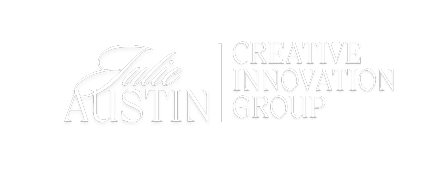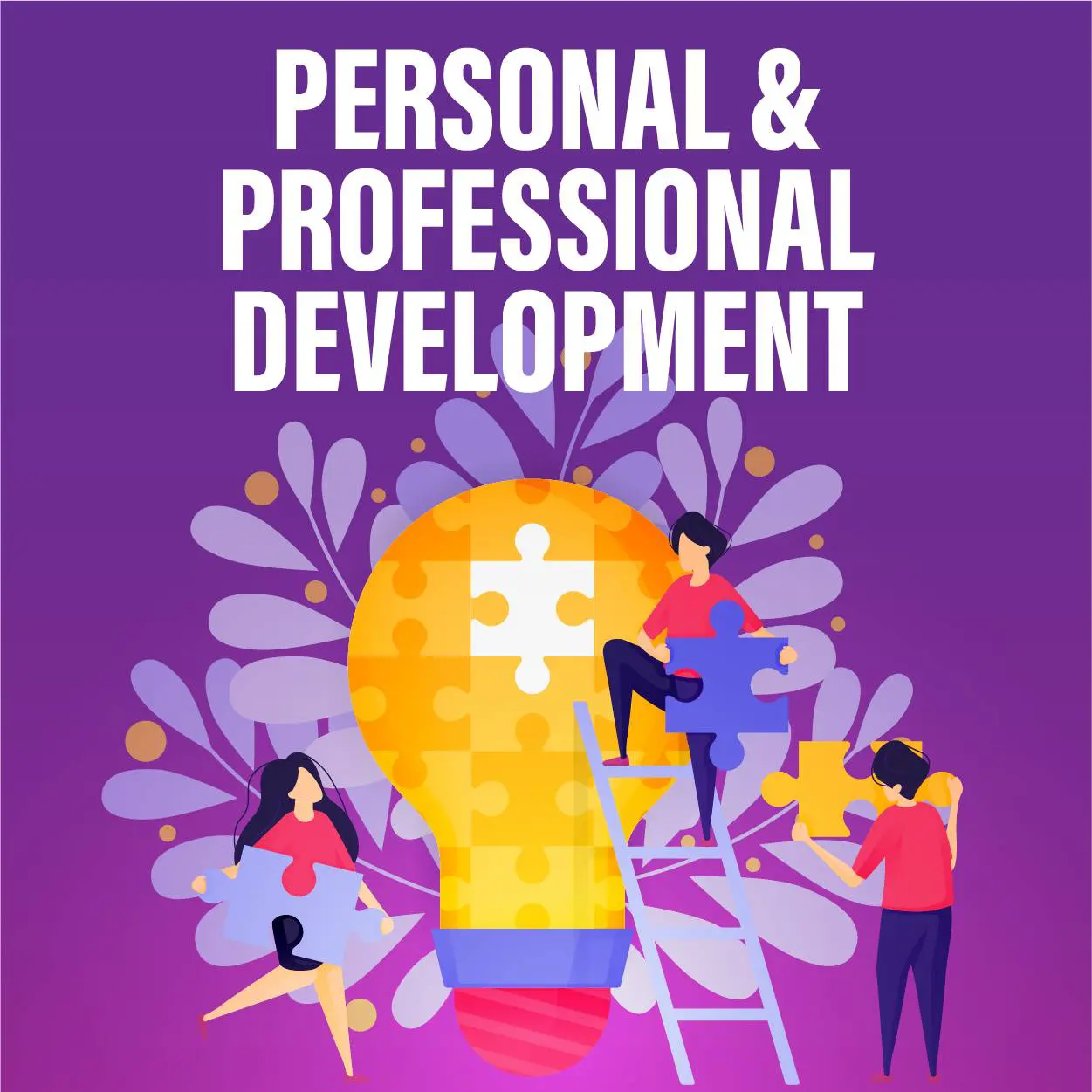Intellectual curiosity isn’t just a desire to learn—it’s the fuel that drives us to grow, both personally and professionally. It’s a mindset that constantly seeks knowledge, fuels questions, and propels us toward lifelong learning. When we cultivate curiosity, we enrich our lives and careers, equipping ourselves to be more adaptable, innovative, and resilient.
In this article, we’ll explore intellectual curiosity’s role in self-improvement, professional growth, and how it can benefit the workplace. We’ll also discuss practical ways to cultivate curiosity and see how it aligns with a growth mindset.
What is Intellectual Curiosity?
Intellectual curiosity is the drive to explore, understand, and question the world around us. Unlike a simple passing interest, intellectual curiosity dives deeper, seeking comprehensive knowledge and open-minded exploration. It’s about going beyond surface-level answers to dig into the “how” and “why” behind everything.
Intellectual curiosity is often linked to the growth mindset, which believes that skills and intelligence can develop through effort. This mindset empowers us to see challenges as opportunities rather than obstacles. For more on the fundamentals of intellectual curiosity, you may want to check this article.
How Intellectual Curiosity Fuels Personal Growth
Intellectual curiosity is a powerful catalyst for personal growth, and here’s how it impacts self-improvement:
- Encourages Self-Reflection: Curiosity drives self-exploration, prompting us to reflect on our beliefs, behaviors, and choices. This process can help us recognize our strengths, weaknesses, and areas for growth.
- Builds Knowledge and Confidence: The more we learn, the more confident we feel. Intellectual curiosity expands our understanding, empowering us to approach challenges with increased assurance.
- Improves Problem-Solving Skills: Curious individuals tend to be analytical and proactive. They approach problems with clarity, leading to innovative solutions.
By embracing curiosity, we lay the foundation for lifelong learning and personal transformation. The journey is as rewarding as the knowledge gained, constantly helping us adapt and grow.
The Role of Curiosity in Professional Development
In the workplace, intellectual curiosity is a major asset, driving career advancement and professional growth. Here’s how curiosity enhances career development:
- Promotes Continuous Learning: The modern job market demands continuous learning. Curiosity drives professionals to pursue new knowledge, enroll in training, and stay on top of industry trends. Curious individuals excel in skill development and career growth.
- Fosters Creativity and Innovation: Curious minds often lead to groundbreaking ideas. Intellectual curiosity encourages professionals to see challenges from new angles, which can lead to innovative solutions that benefit organizations.
- Enhances Adaptability: In today’s dynamic work environments, adaptability is key. Curious professionals are more open to change and can thrive in evolving workplaces.
For more insights on how intellectual curiosity impacts career success, explore this article on curiosity in personal and professional growth.
Benefits of Intellectual Curiosity in the Workplace
Intellectual curiosity is essential for cultivating a vibrant workplace culture. Here’s how it benefits organizations and employees alike:
- Improved Problem-Solving Skills: Curiosity prompts employees to seek more effective solutions, going beyond quick fixes to find deeper answers.
- Increased Engagement and Job Satisfaction: Encouraging curiosity in the workplace can boost job satisfaction and motivation, leading to higher engagement levels.
- Cultivates a Learning-Oriented Culture: Organizations that promote curiosity create a culture where continuous improvement is encouraged, making them more innovative and resilient.
When organizations foster intellectual curiosity, they promote a more motivated, capable, and innovative workforce. Curious workplaces tend to outperform their counterparts, enhancing both employee satisfaction and organizational success.
Ways to Cultivate Intellectual Curiosity
Curiosity is a skill that can be developed. Here are some effective ways to cultivate intellectual curiosity:
Practice Mindful Questioning
Asking thoughtful questions is key to intellectual curiosity. Whenever you encounter a new topic, ask yourself why it matters and how it works. This approach can open doors to insights and help you connect information in meaningful ways.
Embrace New Experiences
Stepping outside your comfort zone fosters curiosity. Travel, learn new skills, and explore different perspectives. Experiencing new situations broadens your worldview, enabling you to see things from various angles. For more on how diverse knowledge fuels creativity, see Julie Austin’s article on embracing a broader range of knowledge for creativity.
Seek Feedback and Learn from Others
Engaging with others is a powerful way to gain insights and improve your understanding. Networking, mentoring, and collaborative projects can enhance your learning and challenge your perceptions. For example, check out Julie Austin’s professional background to see how her experience as a speaker and innovator supports intellectual curiosity and creativity.
Read Widely and Diversify Your Knowledge
Reading across a variety of subjects expands your intellectual horizons. Books, articles, and online courses on topics unrelated to your field can inspire fresh ideas and broaden your understanding.
Set Personal Learning Goals
Set achievable learning goals to stay motivated. These goals could involve mastering a new skill, studying a specific subject, or completing a certification. Structured learning keeps curiosity purposeful and engaging.
If you’re curious about creativity and innovation in action, visit Creative Innovation Group, which offers insights into the power of creativity in the workplace.
Applying Intellectual Curiosity in the Workplace
Developing intellectual curiosity isn’t just beneficial personally; it also plays a significant role in the workplace. Here’s how to apply curiosity to enhance your professional life:
- Challenge Norms and Offer New Ideas: Don’t hesitate to question existing processes and suggest fresh approaches. Curious employees often introduce valuable innovations and insights.
- Stay Informed on Industry Trends: Curiosity keeps professionals engaged with the latest industry news, making them more competitive and prepared for change.
- Encourage Curiosity Among Team Members: Leaders can inspire curiosity within their teams by creating an environment that values questions, exploration, and continuous improvement.
If you’re a manager or team leader, fostering a curious culture can lead to a more motivated, engaged team. For more on creative workplace practices, check out Creative Innovation Group’s contact page.
Building a Growth Mindset Through Curiosity
Curiosity complements a growth mindset, helping us embrace challenges and persist through setbacks. Here’s how curiosity supports this mindset:
- Resilience in Facing Failure: Curiosity helps us see failures as learning experiences rather than defeats. Curious people are driven to understand mistakes, making them more resilient.
- Intrinsic Motivation for Learning: Curiosity fuels an intrinsic desire to learn, which is the foundation of a growth mindset.
- Openness to New Perspectives: A curious mindset keeps us receptive to new ideas, essential for both personal and professional growth.
Unlock the Power of Intellectual Curiosity
If you’re ready to unlock the power of intellectual curiosity in your life, start by exploring this mindset in your daily activities. Leaders, consider the value of encouraging curiosity within your teams. For guidance on incorporating creativity and innovation into your professional life, consider Julie Austin—one of the nation’s leading keynote speakers on creativity and growth. Julie’s insights can help your organization embrace a culture of continuous improvement, sparking success and engagement.
Intellectual curiosity is a transformative trait that promotes personal and professional growth. By cultivating curiosity, we can become more adaptable, resourceful, and engaged in our lives and careers. Embracing this mindset not only enhances our own development but also strengthens the teams and organizations we’re part of. Lifelong learning is a journey fueled by curiosity, leading to a life that’s both meaningful and impactful.
FAQs
1. What are the benefits of intellectual curiosity?
Intellectual curiosity enhances knowledge, problem-solving abilities, and adaptability, contributing to both personal and professional growth.
2. How does curiosity impact career growth?
Curiosity drives continuous learning, adaptability, and creativity, all of which are highly valued in today’s workplaces.
3. Can curiosity be developed or learned?
Yes, curiosity can be cultivated by practicing mindful questioning, trying new experiences, and seeking diverse perspectives.
4. Why is a growth mindset important for career success?
A growth mindset encourages resilience, motivation, and a willingness to learn from challenges, all of which are essential for career advancement.
5. How can curiosity benefit the workplace?
Curiosity creates an innovative, learning-oriented workplace culture that promotes engagement, productivity, and job satisfaction.

